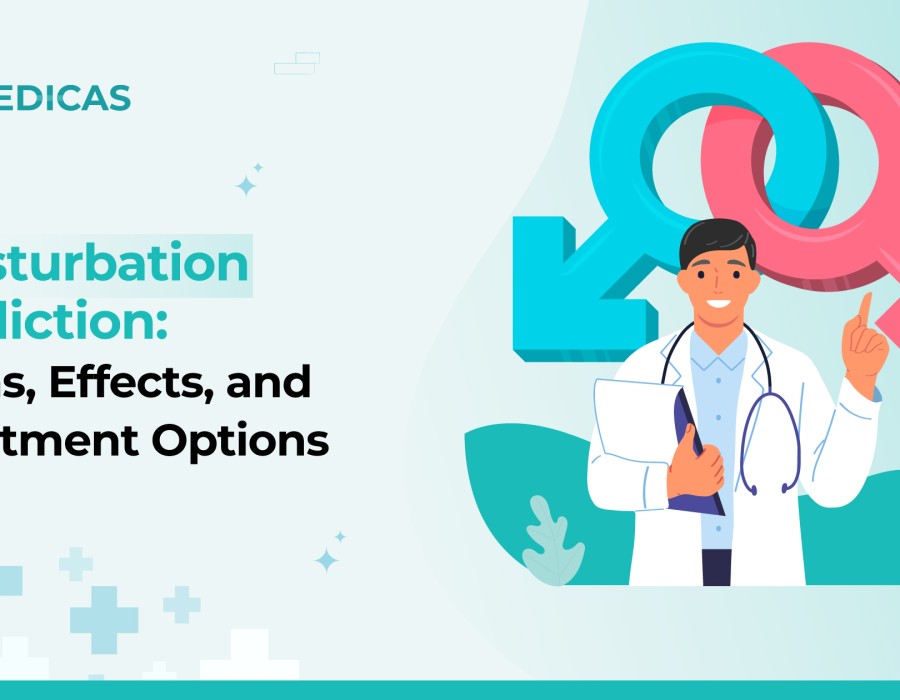Masturbation Addiction: Signs, Effects, and Treatment Options
Masturbation is a natural and healthy part of human sexuality, helping to relieve stress and improve mood. However, when it becomes excessive or uncontrollable, it may develop into an addiction that affects mental health, relationships, and daily life.
What Is Masturbation Addiction?
Masturbation addiction refers to a compulsive need to masturbate, even when it leads to negative consequences. It is often linked to behavioral addiction, similar to gaming or internet addiction. People may struggle to control their urges despite feelings of guilt, fatigue, or loss of interest in social or professional activities.
Common Signs and Symptoms
Some signs that may indicate masturbation addiction include frequent urges to masturbate, using it as a stress-relief method, neglecting work or studies, and feeling anxious or guilty afterward. Physical symptoms such as fatigue or genital soreness may also appear.
Effects on Mental and Physical Health
Over time, excessive masturbation can lead to psychological distress, poor concentration, and relationship problems. It can also result in low self-esteem, anxiety, or depression. Physically, it may cause exhaustion and reduced energy levels.
Treatment and Recovery Options
The first step toward recovery is acknowledging the problem. Reducing triggers such as pornography, staying engaged in hobbies, and practicing mindfulness can help. In more severe cases, professional treatment through psychotherapy or behavioral therapy may be necessary. Consulting a psychologist or sexologist through trusted platforms like Medicas can provide personalized guidance and support.
Remember, moderation and self-awareness are key to maintaining both mental and physical well-being.
👉 Read the full blog on Medicas: https://medicasapp.com/blogs/masturbation-addiction-signs-treatment/





Comments